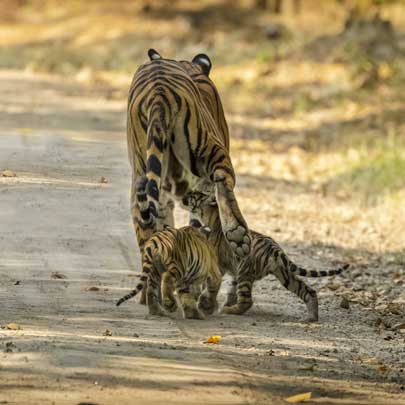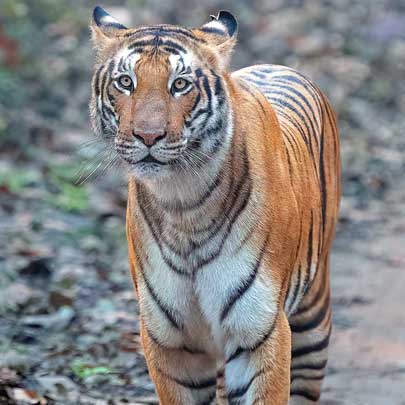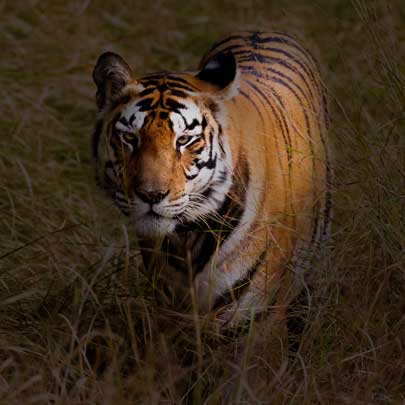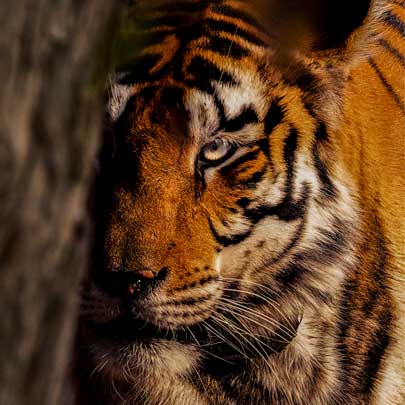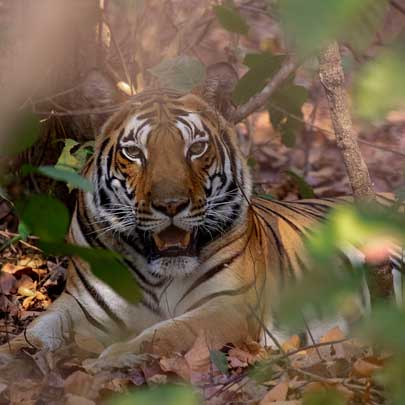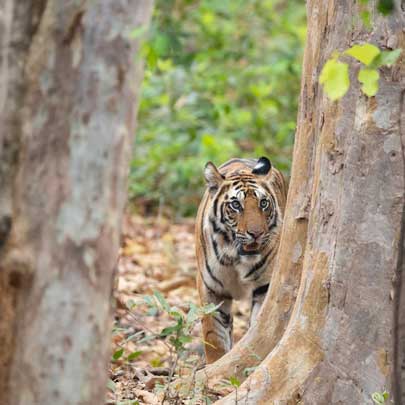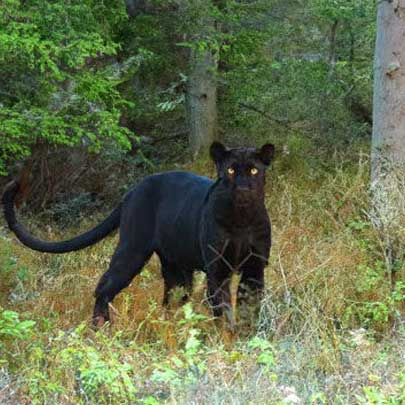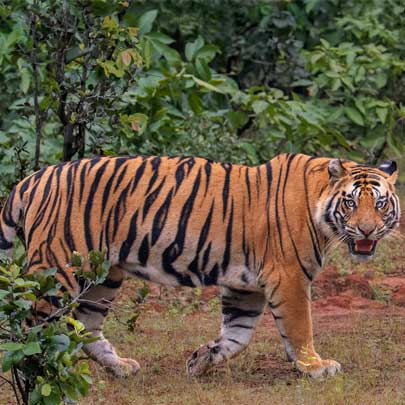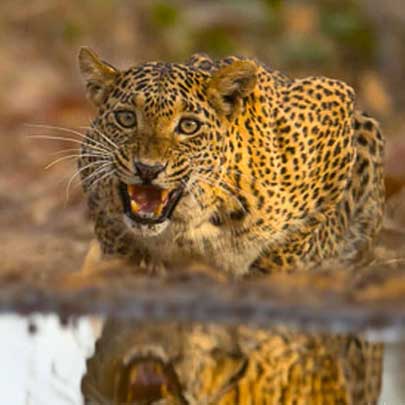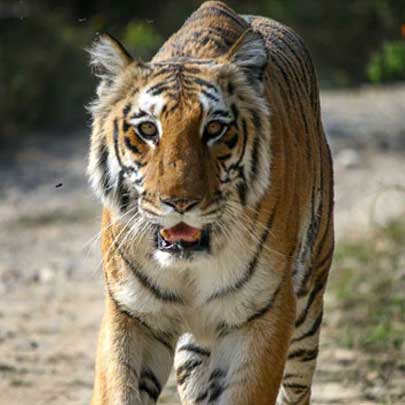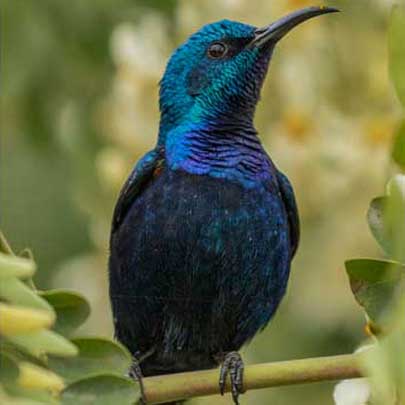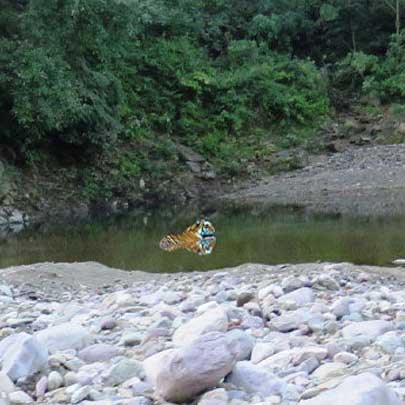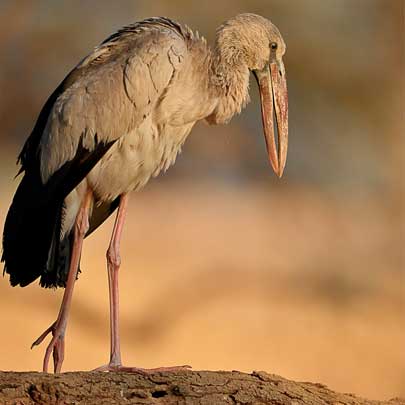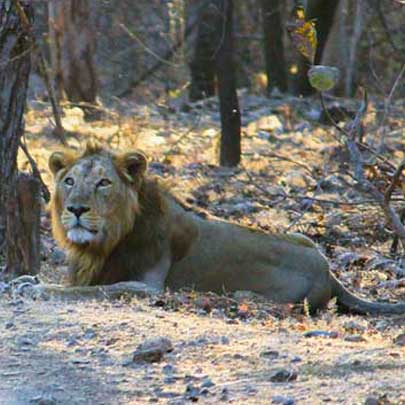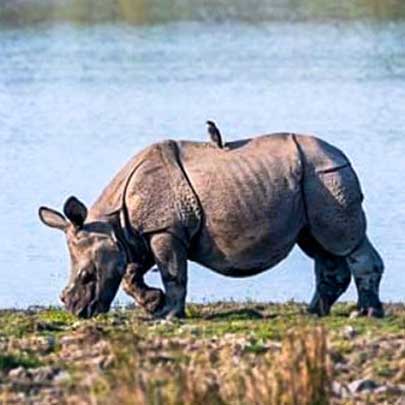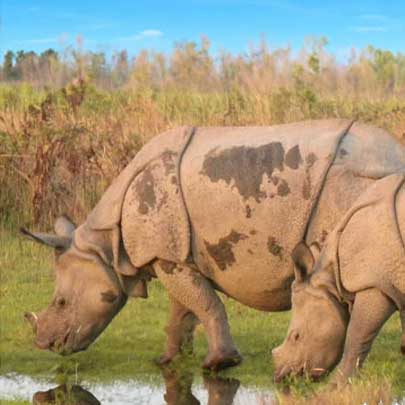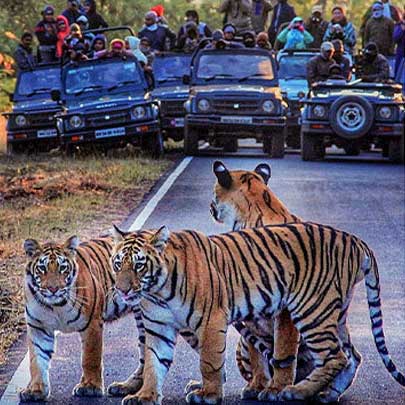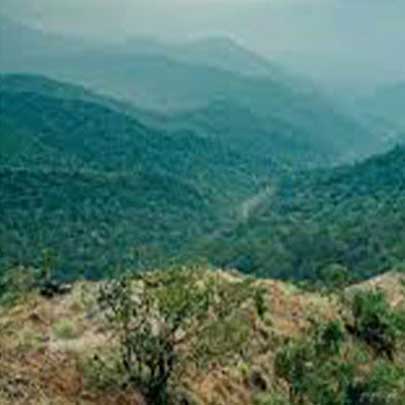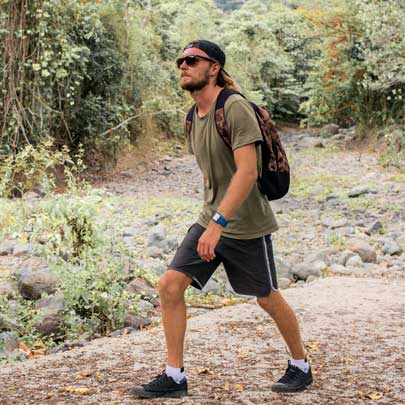In The Footsteps Of Elephants: Tracking Wildlife In Dudhwa
Dudhwa National Park, nestled in the Terai region of Uttar Pradesh, India, is a haven for wildlife enthusiasts and conservationists alike. Tracking elephants in Dudhwa offers a unique and immersive experience into the heart of this biodiverse wilderness. Let's explore what it means to follow in the footsteps of elephants in Dudhwa:
1. Understanding Dudhwa's Ecosystem:
Dudhwa is characterized by its diverse landscapes, including dense forests, grasslands, wetlands and rivers. This varied terrain provides a perfect habitat for a wide range of wildlife species, including the majestic Indian elephant.


2. Importance of Elephant Tracking:
Elephants are not only iconic symbols of Dudhwa but also play a crucial role in shaping the ecosystem. By tracking elephants, visitors can gain insights into their behavior, social dynamics and movements, contributing to conservation efforts and wildlife management strategies.
3. Techniques for Tracking Elephants:
- Field Signs: Observing signs such as footprints, dung, broken branches, and feeding trails to track elephant movements.
- GPS Collars: Some elephants in Dudhwa are fitted with GPS collars, allowing researchers to monitor their movements and behavior in real-time.
- Experienced Guides: Knowledgeable guides and naturalists lead tracking excursions, interpreting signs and enhancing the overall wildlife experience.
4. Wildlife Encounters Along the Trail:
- While tracking elephants, visitors often encounter a plethora of other wildlife species, including Bengal tigers, one-horned rhinoceroses, deer, sloth bears and a myriad of bird species.

- These encounters offer a glimpse into the intricate web of life in Dudhwa and highlight the importance of preserving this biodiverse ecosystem.

5. Conservation Significance:
- Tracking elephants not only aids in understanding their behavior but also helps in formulating conservation strategies to protect both elephants and their habitat.
- Conservation efforts in Dudhwa focus on mitigating human-elephant conflicts, preserving elephant corridors and maintaining the overall health of the ecosystem.

6. Responsible Tracking Practices:
- Responsible tracking practices are essential to minimize disturbance to wildlife and their habitats.
- Visitors are encouraged to follow park regulations, maintain a safe distance from wildlife and respect their natural behavior and habitat.
7. Visitor Experience:
- Dudhwa offers guided wildlife tracking experiences led by experienced naturalists and forest guides.
- These excursions provide an opportunity to immerse oneself in nature, learn about the local flora and fauna and contribute to conservation efforts.

8. Conclusion:
Tracking elephants in Dudhwa National Park is not just a wildlife experience; it's a journey of discovery and conservation. By following in the footsteps of elephants, visitors can gain a deeper appreciation for the natural world and play a part in safeguarding Dudhwa's precious biodiversity for generations to come.

























